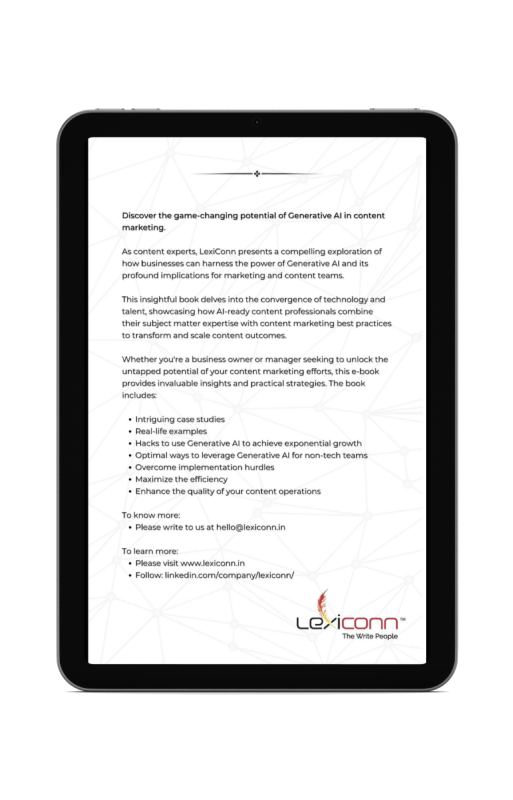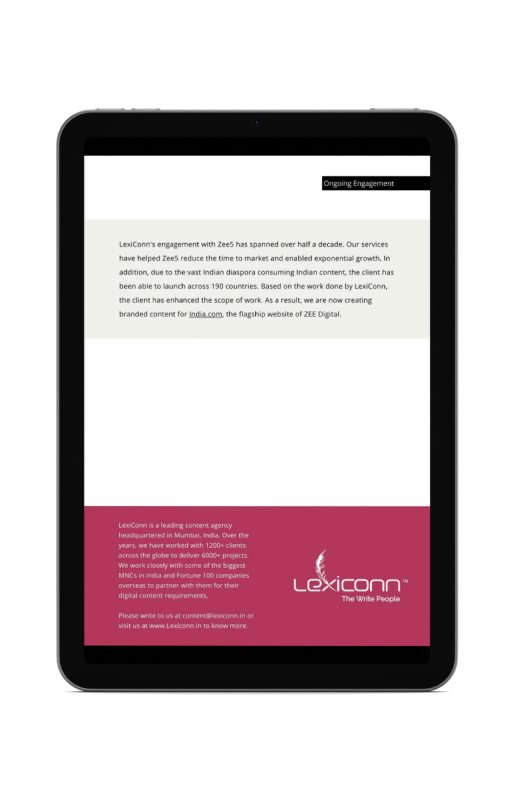(Source)
(Alt-text: How to find missed revenue opportunities on your website)
Your website is more than just a digital storefront—it’s a powerful revenue-generating machine when optimized correctly. Yet, many businesses unknowingly lose potential sales due to hidden issues like poor conversion optimization, SEO revenue leaks, and performance bottlenecks. These problems often go unnoticed, gradually eroding website revenue and impacting business growth.
A comprehensive website audit uncovers these overlooked flaws, helping businesses identify untapped revenue opportunities and fix website issues that hurt sales. From SEO errors that limit visibility to conversion optimization gaps that lower engagement, an audit provides actionable insights to boost conversions and maximize profits.
This blog explores how to find missed revenue opportunities on your website, the common website issues that hurt sales, and how a data-backed website audit can help you achieve higher revenue through smarter optimization.
Why Most Websites Fail to Maximize Revenue
1. Conversion Killers: Website Issues That Hurt Sales
Even if your website attracts visitors, poor user experience, weak CTAs, and slow loading speeds can silently drive potential customers away.
- Slow Page Speed:Studies show that a 1-second delay in load time reduces conversions by 7%. A sluggish website can cause frustrated users to abandon their carts and move to competitors.
- Mobile Responsiveness Issues: With over 50% of traffic coming from mobile, a site that isn’t mobile-friendly can lead to high bounce rates and lost revenue.
- Confusing Navigation: If visitors can’t easily find what they need, they won’t stay—leading to fewer conversions and lower sales.
- Weak Calls-to-Action (CTAs): CTAs that are unclear, hidden, or uninspiring fail to guide visitors toward making a purchase or inquiry.
2. SEO Revenue Leaks: Missed Search Opportunities
Your website might be ranking on search engines, but is it driving sales? Many businesses focus solely on traffic but ignore the revenue potential of SEO.
- Targeting the Wrong Keywords: Ranking for high-volume keywords isn’t enough—you need high-intent keywords that attract users ready to convert.
- Broken Links & Redirect Issues: Search engines penalize 404 errors and broken internal links, leading to lost SEO revenue and lower rankings.
- Duplicate & Thin Content: Google prioritizes value-driven content—poor-quality or duplicated pages can lower organic visibility and credibility.
3. The Hidden Cost of Poor Conversion Optimization
Businesses often overlook small conversion barriers that add up to significant lost revenue over time.
- Trust Issues: A lack of customer testimonials, security badges, and transparent pricing can cause visitors to hesitate.
- Cluttered Checkout Process: If the purchase process has too many steps, cart abandonment rates skyrocket.
- Lack of Retargeting & Email Follow-ups:98% of first-time visitors don’t convert—without a retargeting strategy, businesses miss opportunities to bring them back.
How a Website Audit Identifies Hidden Revenue Gaps
A website audit acts as a deep diagnostic check, uncovering hidden flaws that impact SEO revenue, conversion optimization, and overall website performance. It provides businesses with actionable insights to fix revenue leaks, enhance user experience, and drive higher conversions.
Here’s how a comprehensive website audit helps businesses find missed revenue opportunities and fix website issues that hurt sales.
1. Uncovering SEO Revenue Leaks
SEO isn’t just about rankings—it’s about driving qualified traffic that converts. Many businesses unknowingly lose potential revenue because of unresolved SEO issues that hinder search visibility and lead quality.
- Keyword Optimization Gaps: A website audit identifies high-intent keywords that drive revenue-focused traffic instead of just informational searches.
- Technical SEO Errors: Broken links, slow-loading pages, crawl issues, and duplicate content can decrease search rankings and reduce organic sales.
- Content Optimization Issues: Many businesses underestimate the importance of structured, high-value content—thin or outdated content can result in lower search performance and engagement.
2. Fixing Conversion Optimization Flaws
Traffic alone won’t generate revenue if your website fails to convert visitors into customers. A site audit pinpoints conversion blockers that hinder the buyer’s journey.
- CTA Optimization: Are your calls to action clear, compelling, and visible? A weak or confusing CTA can lead to missed conversions.
- Page Layout & Design: Cluttered or unstructured pages confuse visitors, increasing bounce rates and decreasing sales.
- Building Trust Signals: Websites lacking trust elements (testimonials, secure payment badges, case studies) struggle to build credibility and close deals.
3. Enhancing Website Performance for Higher Revenue
Site speed and mobile responsiveness play a direct role in conversion optimization. Even a one-second delay in page load time can significantly impact website revenue.
- Page Speed Enhancements: Compressing images, enabling browser caching, and optimizing scripts can reduce load times and improve conversions.
- Intuitive Site Navigation: Users should be able to find information quickly—complex menus or hidden product pages frustrate visitors and reduce sales.
4. Recovering Abandoned Leads & Cart Drop-Offs
A major revenue drain for businesses is abandoned carts and incomplete lead forms. A website audit analyzes user behavior to identify why potential customers leave without converting.
- Retargeting Strategies: Implementing exit-intent
Boost your Content Strategy.
Download the Free eBook now.
Unlock Generative AI's potential for content marketing success. Unearth its impact on teams and businesses. Witness real-life examples and case studies, showcasing AI-driven content ingenuity.






